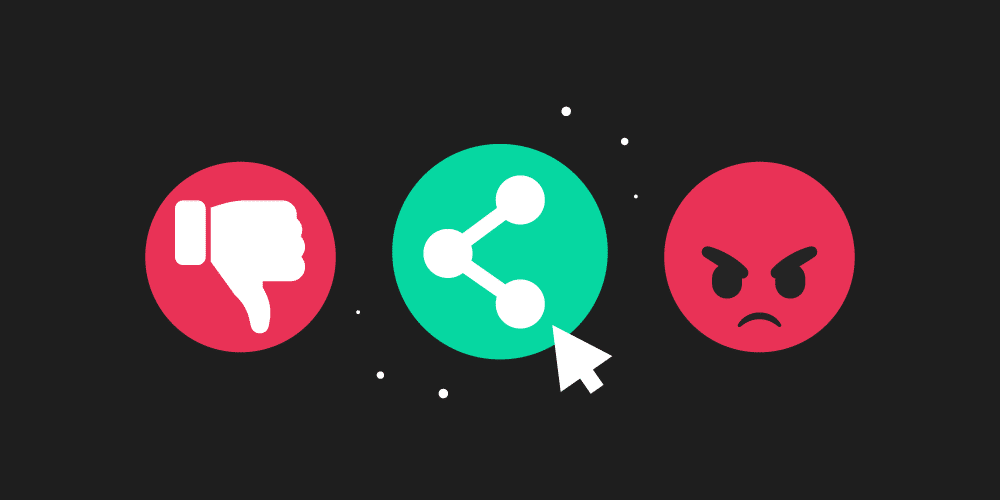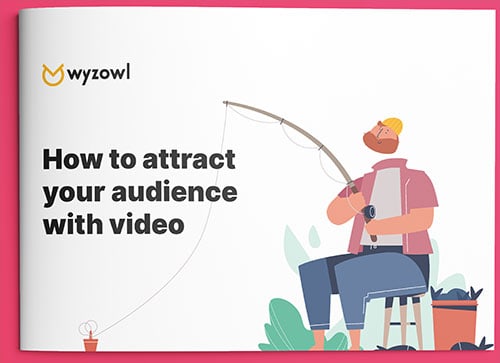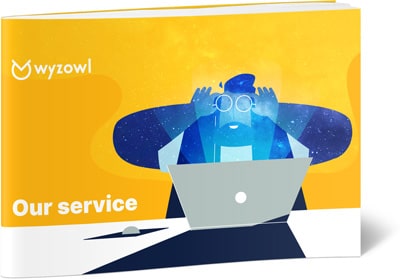Last updated on 15th November 2023
Almost everyone who’s internet savvy has heard about “going viral”. Going viral means your content resonates so immensely that it becomes the latest big thing across cyberspace. When your content gets liked, retweeted, republished, commented on, blogged about, and talked about — earning more views than you imagined.
This sweet spot is not easy to attain, fleeting and not sustainable for the most part.
Here are five reasons why trying to go viral is a bad strategy, and how it actually repels the audience you’re trying to attract.
1. When targeting a mass audience, you can easily miss your targeted audience.
Your ideal customers have specific likes, desires, fears, problems and interests. If they don’t see themselves in your content, it will have no meaning or appeal –
and do nothing to build a lasting relationship.
Contrast that with content that has a much narrower scope, designed to speak to a specific audience in a language they naturally use to describe their situation. Yes, you’re purposefully excluding a massive number of potential viewers, but the ones you do reach are more likely to connect.
2. Social media is about being social; going viral is all about you.
When you’re focused on getting as many shares as possible, you’ve lost focus on creating value for your specific audience. You’ve stepped out of the conversation and have turned social media into another broadcasting medium. People can feel that, and it’s a turn off when what they’re looking for is meaningful interaction.
A major part of the social media experience is sharing other people’s content and responding to messages – two activities that do nothing to get eyeballs on your own content, but do plenty to build an engaged community of followers and prospective customers.
And guess what? By focusing on community building rather than getting viral results, you may just get more shares in the process.
3. When going viral is your destination, you miss the journey.
Building relationships on social media is the same as building relationships anywhere else. It takes time, persistence and consistency. If you sink all your attention into creating one particular piece and agonizing over its results, you could be losing momentum on the slow-building. Gratifying engagement happens with one tweet, share or comment at a time.
You may also be missing the subtle cues your audience is giving all the time, both with their actions and inactions. Make the effort to observe, over time, what content strikes a chord with the types of people you’d most like to reach.
4. You’re creating unnecessary pressure.
Businesses have spent millions of dollars and endless hours trying to create viral content which lacked traction. Others spent mere moments, used free tools, and achieved Internet stardom. Both are a mystery and there is no guaranteed formula for going viral.
What if, instead, you pressured yourself to create high-quality content that will be valuable and entertaining to your ideal customers, and did your best to get this content in front of those people? There’s absolutely no downside to showing your audience that you care about and understand their interests and concerns.
People may reward you by passing along the content, but what’s more important is that you’ve given them a solid reason to keep coming back to the conversation. The goal is that they’ll still be there with you when it’s time to make a purchase.
5. You’re putting more value on quantity than quality.
When you’re aiming to get as many “eyeballs” as possible instead of making real connections, you’re ignoring the most important part of the person you’re trying to reach.
In a post warning authors about being too concerned with going viral, Dan Blank writes, “Why would we dissect a human being’s value to the body part that sees, but not the brain function that analyzes or the heart that cares?”
After all, what does Internet stardom actually mean? Will any of those people remember or think highly enough of you to do business with you? Do eyeballs equal purchases?
When you’re creating content to promote your business or explain your products and services to interested customers, focus on the one set of eyeballs that’s in front of you right now, not the ones you hope may see it later when it goes viral.







